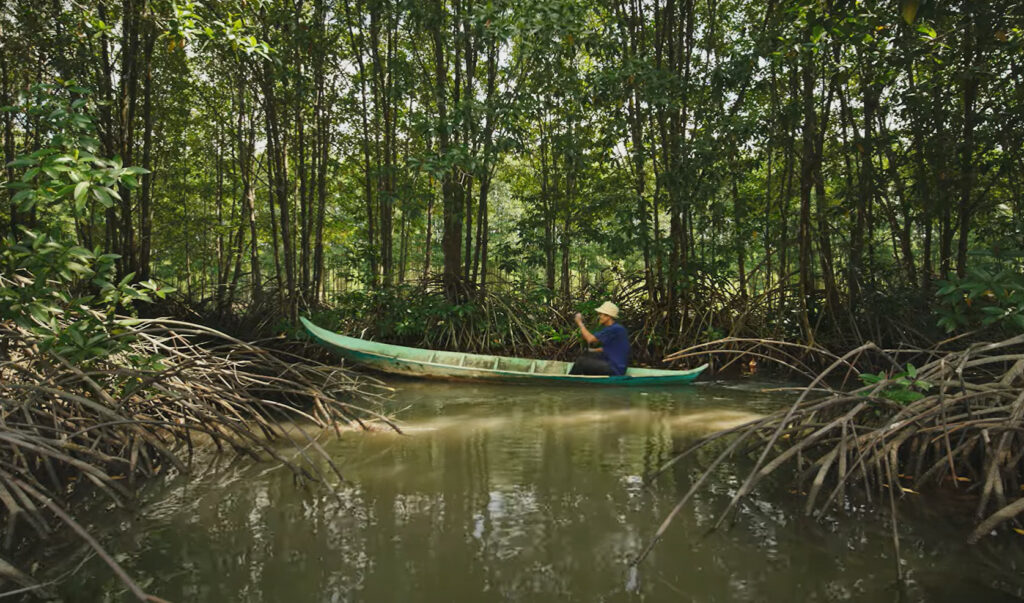Fishin’ Company Embracing ‘Train The Trainer’ Program For Hainan Tilapia Farmers
Following the Global Aquaculture Alliance’s GOAL 2016 conference in Guangzhou, China, Marcos Moya, manager of supply development for GAA’s Best Aquaculture Practices (BAP) division, led a training session with associates of The Fishin’ Company, a leading tilapia supplier, in Hainan, China.
The three-day training session involved a one-day workshop followed by two days of in-the-field application at farms and processing plants expected to apply for BAP certification.
Seven key Fishin’ Company associates were trained against the BAP finfish and crustacean farm standards and BAP seafood processing plant standards. In turn, the associates will pass what they learned in the workshop along to 52 farmers that supply The Fishin’ Company with raw material, as part of this “train the trainer” program.
The Fishin’ Company, a key BAP supporter, is eligible to offer four-star BAP tilapia, meaning that the product originates from a BAP-certified processing plant, farm, hatchery and feed mill.
“I had the opportunity to see the work that The Fishin’ Company is doing to help small farmers on Hainan Island to practice responsible aquaculture, and it is impressive,” said Moya. “So far there are more than 60 small farmers that are part of their scope, and The Fishin’ Company’s Hainan team is committed to extensively expand the number of small farmers involved in the near future. Congratulations for a job well done.”
BAP is the world’s leading third-party aquaculture certification program. The program continues to grow. The number of BAP-certified processing plants, farms, hatcheries and feed mills worldwide totaled 1,376 at the end of August, and BAP-certified processing plants produce nearly 1.9 million metric tons of product annually, including more than 250,000 metric tons of tilapia.
About BAP
A division of the Global Aquaculture Alliance, Best Aquaculture Practices is an international certification program based on achievable, science-based and continuously improved global performance standards for the entire aquaculture supply chain — farms, hatcheries, processing plants and feed mills — that assure healthful foods produced through environmentally and socially responsible means.




